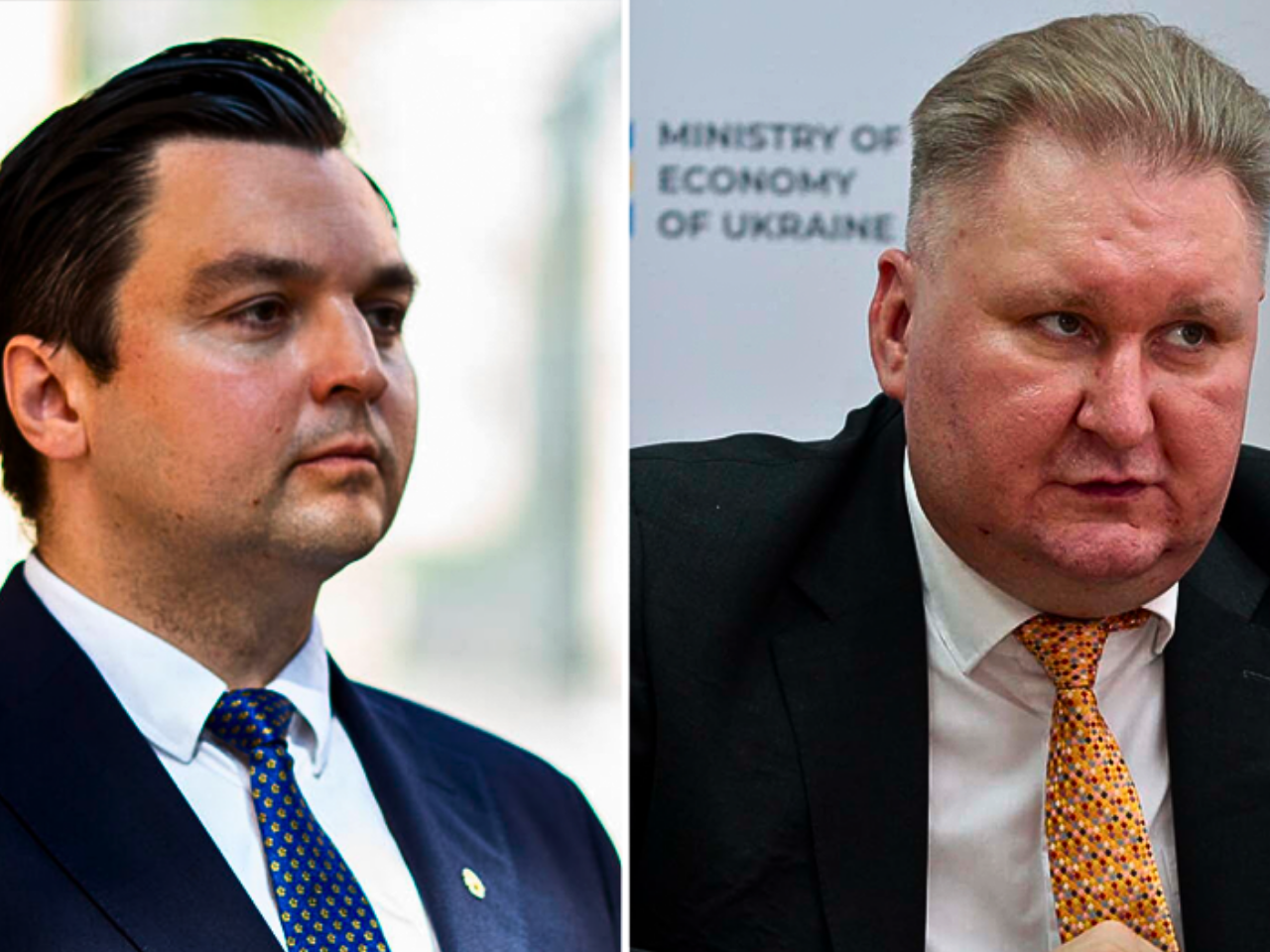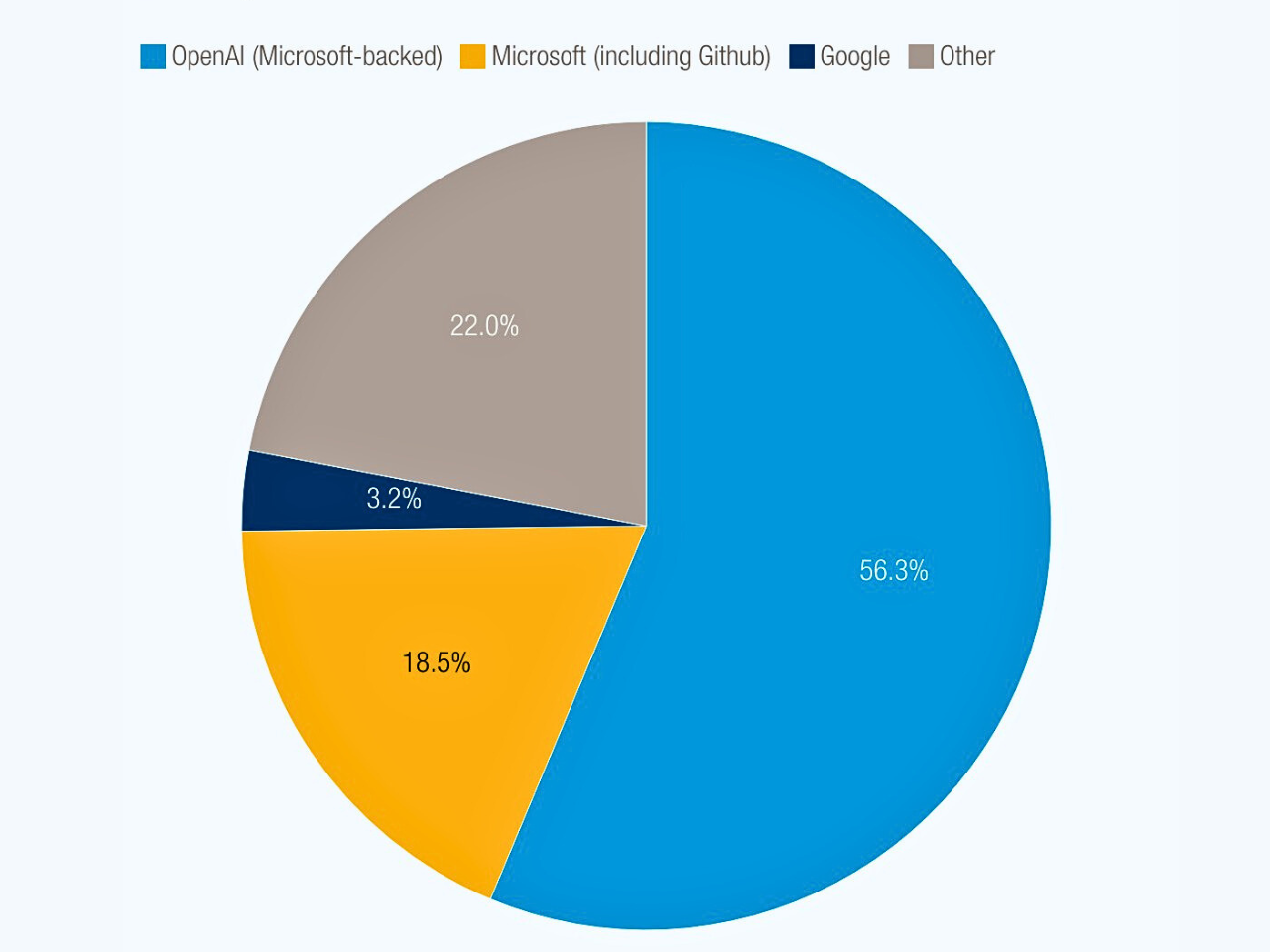Digital Giants Dominate Global Markets: 7 Companies Control Nearly 50% of Digital Space
Global digital markets are increasingly becoming dominated by a small number of large companies, which is critical for consumers and developing economies. The UN Trade and Development (UNCTAD) Global Trade Update, released 8 July 2025, emphasizes today that seven global companies out of ten have now become digital giants across sectors (cloud, e-commerce, AI, and digital advertising).
In 2017 their combined share was 21%, and by 2025 it had increased to 48%. The top five multinational digital companies increased their share of assets from 17% to 35%. The advent of generative AI adds a further dimension to this, with technology leaders Microsoft and Google controlling key inputs such as Microsoft's Cloud, computing resources and chips, cloud services, and data, further growing their acceptability and influence by steering several start-ups, such as OpenAI, through partnerships and collaboration.
When there is less competition, consumers can incur many costs, from higher prices to less innovation, or lower data privacy and less choice. The larger the consolidation of Big Tech, the greater the risk exists of expanding digital inequalities across the world, in particular for developing countries. Governments across the world are grappling with these issues, and since the E.U. passed the Digital Markets Act in 2022, at least 19 other countries, including India, Australia, Japan, and South Africa, have passed or proposed similar measures.
At the international level, the ways in which states regulate tech organically increased in number from 14 in 2020 to 153 in 2024. However, interventions have taken place unevenly: Europe and Asia have outpaced Africa and parts of Latin America in terms of faster progress, UNCTAD states that building fairer digital ecosystems will require coordinated enforcement of competition law across horizons along with investment in infrastructure, support for skills development, and funding available for start-ups. These will require major steps to ensure that benefits of digitalization are less divided among a small global few.
Latest News
Empowering Women for Stronger Economy: The Urgency of Closing the Gap
These gaps create significant economic costs. Women earn 77 cents for every dollar paid to men and are likely to retire with smaller pensions. Gender gaps could increase global GDP by around 20%, but there has been progress at a slower rate. Experts advocate for the urgent acceleration of legal and policy changes needed to include women, as excluding women not only jeopardizes fairness but also economic growth
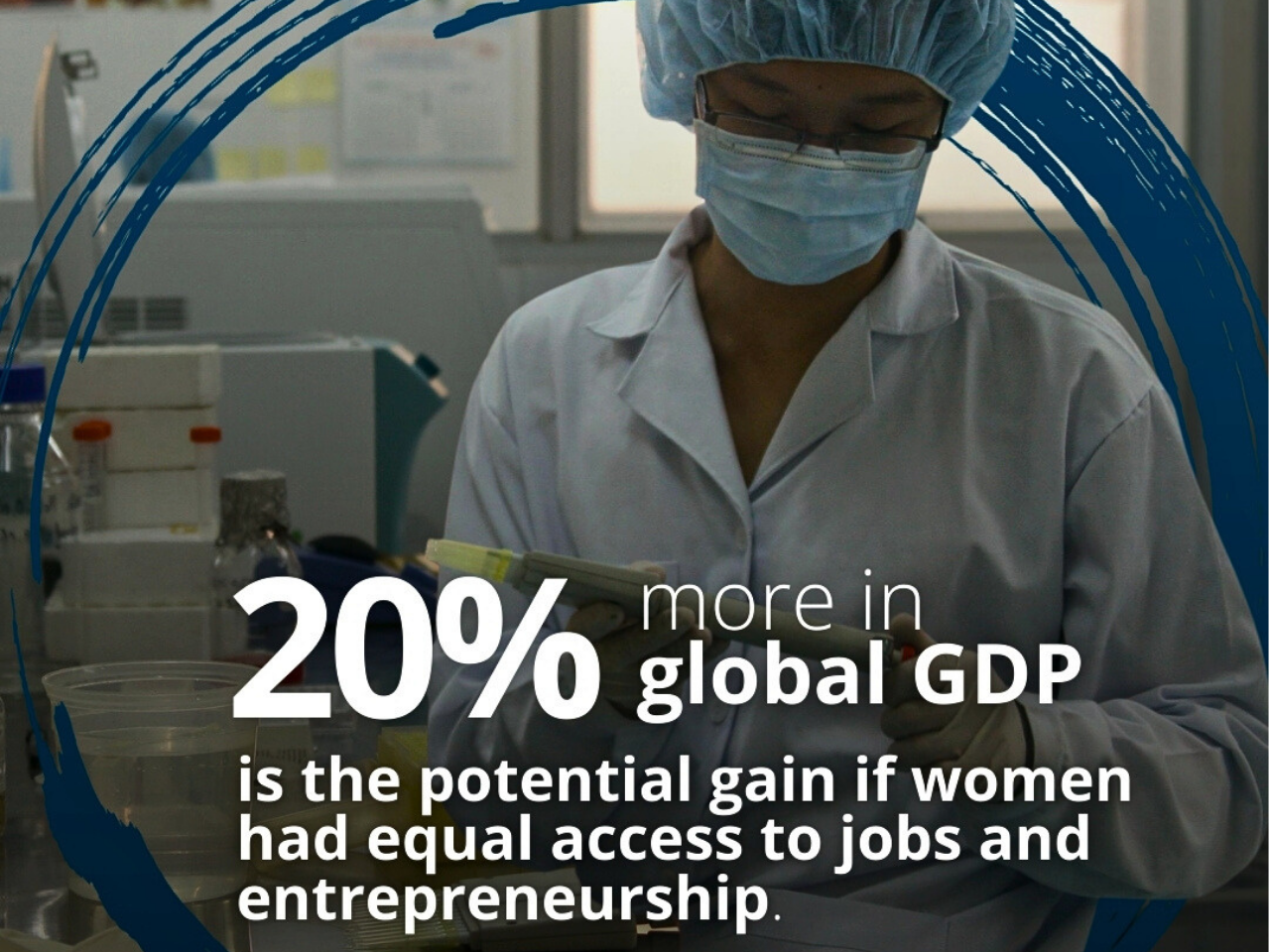
2 Billion People Still Lack Access to Safe Water, Sanitation
Drinking water coverage increased from 68% to 74%, causing 961 million more people to gain such access, while rural coverage increased from 50% to 60%, although urban coverage stabilized at 83%. Despite these benefits, one of the shocking 2.1 billion people is one in about four that still has safely managed drinking water
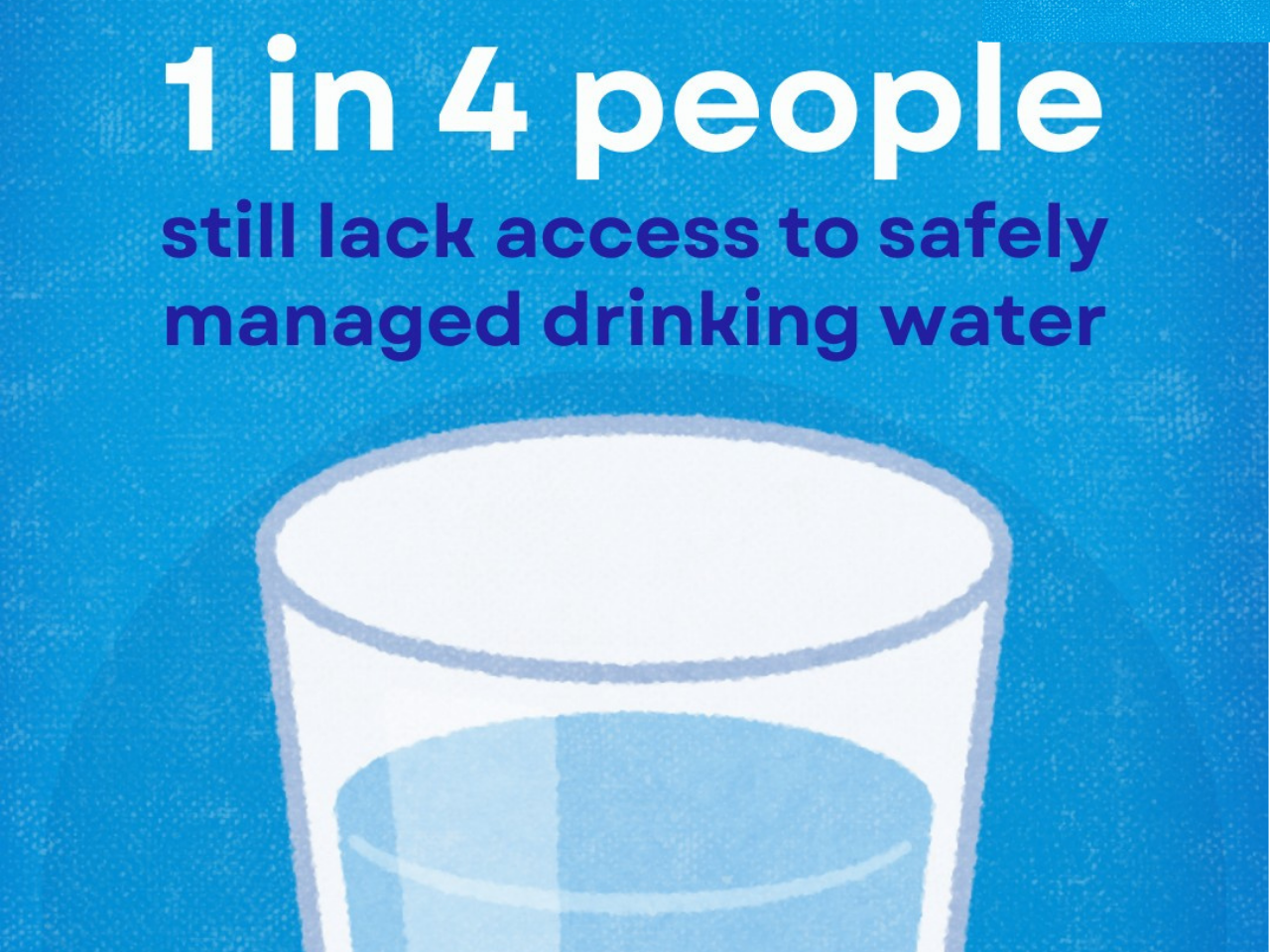
Scotland's Economy Sees Robust 0.6% Growth in June 2025, Driven by Services and Manufacturing
Scotland's economy documented a GDP rate that increased 0.6 percent in June 2025. This was released by the chief statistician, highlighting that there is a robust performance compared to May, when the development level earned up to 0.1 percent, suggesting a fall after earlier estimation

EU and Jordan Sign €500 Million Macro-Financial Aid Package to Boost Economic Stability
The agreement signed in Amman represents the fourth MFA program provided to Jordan and underlines the long-term commitment of the European Union under the European Union's Jordan strategic and comprehensive partnership. With the expectation of the first payment within a month, more than two and a half years of support will be issued in three installments
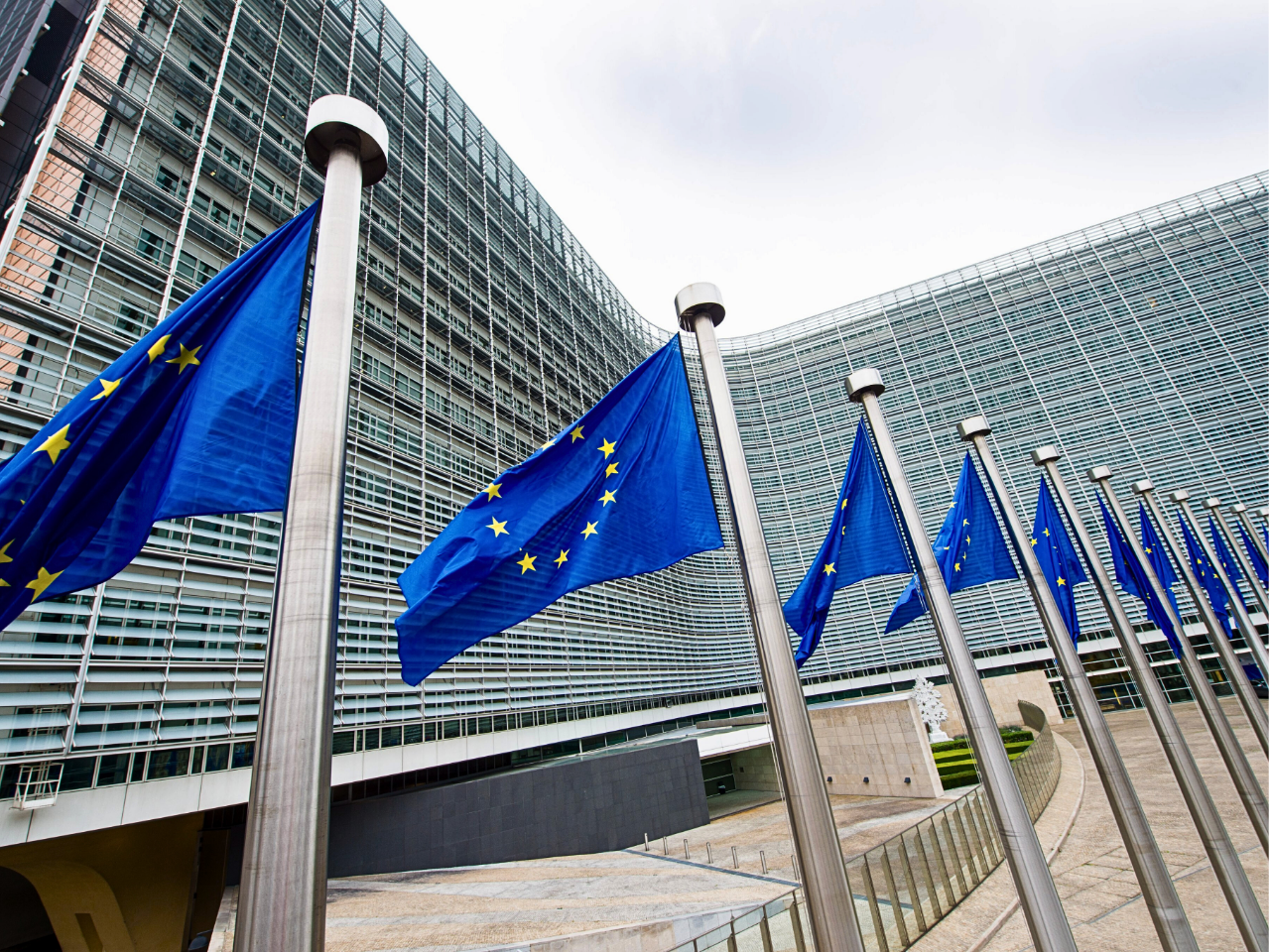
Scotland Takes a Step Forward: £228,000 Fund Empowers Flexible Working Revolution
The Scottish government has introduced three pilot projects designed to assist individuals, especially people with disabilities and people with long-term health issues, in securing jobs, staying employed, and moving forward in their careers. Collectively, the programs will receive £228,000 in government support to encourage flexible working methods and increase workforce diversity in various fields

Finland & Ukraine Unite: Strengthening Ties for a Secure European Future
A strong partnership between Finland and Ukraine, including Finland's continuous support for Ukraine, the status of bilateral relations, intensive integration with the European Union towards Ukraine's passage, and Russia's wide international status of the ongoing war shaping the involvement of Russia
